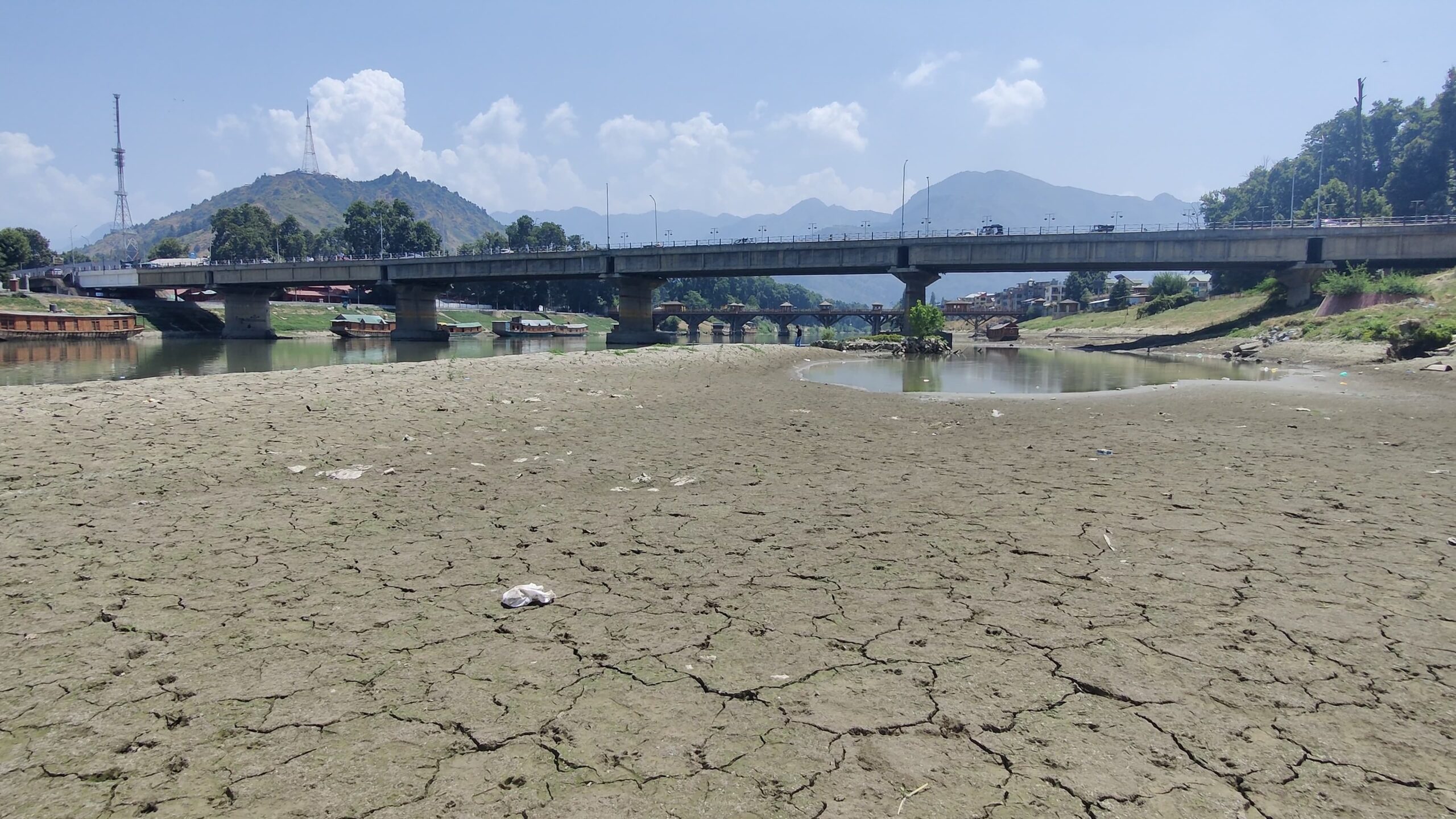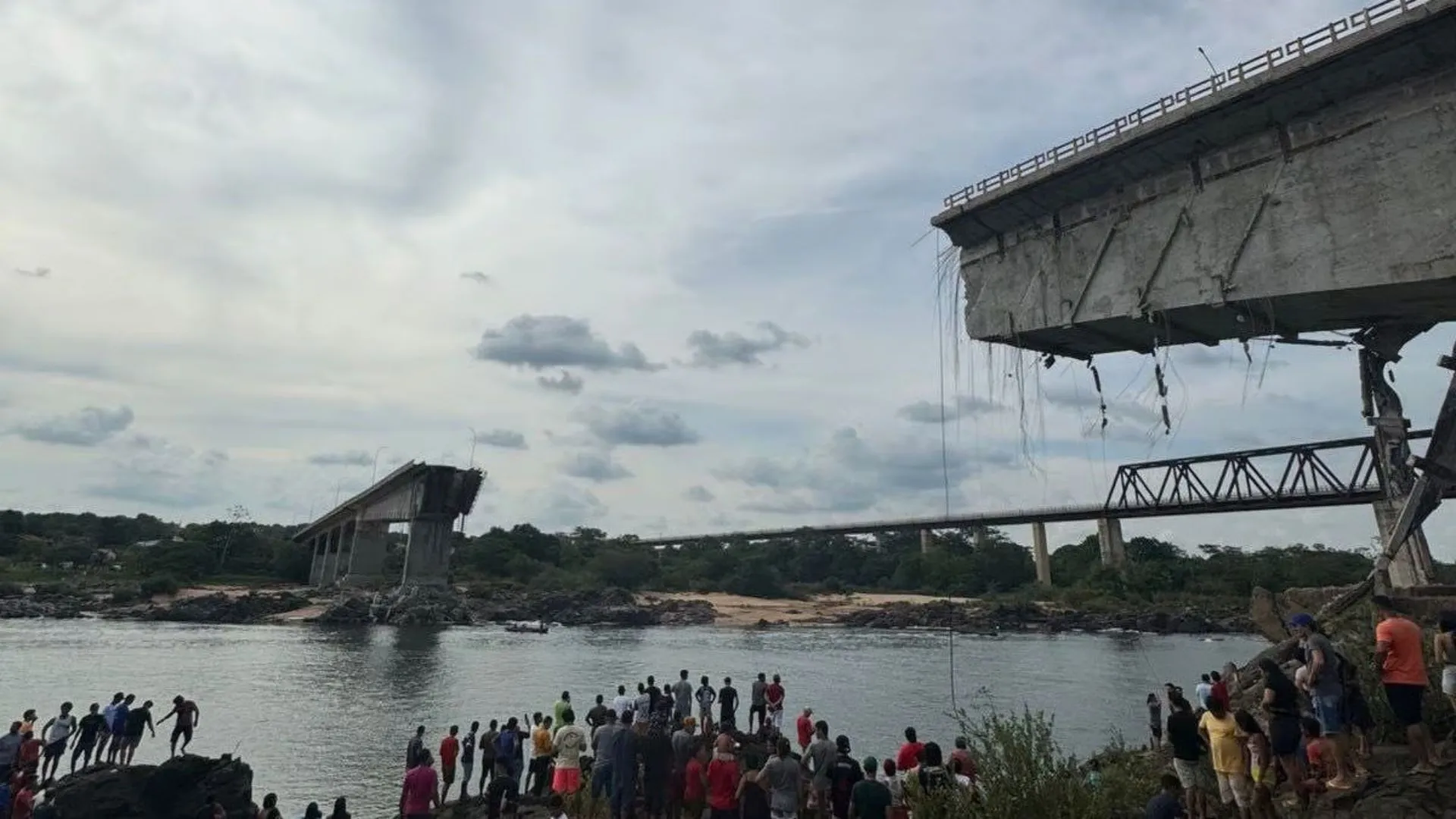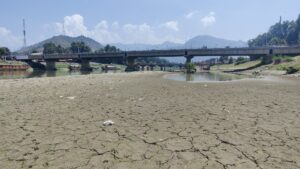Kashmir: The current heatwave gripping Kashmir has resulted in a significant reduction in water levels across several key water bodies, sparking concern among environmentalists, local communities, and government officials. The sustained high temperatures are forecasted to persist in the coming days, according to the Meteorological Department.
Over recent weeks, the Kashmir Valley, renowned for its scenic lakes and rivers, has experienced unprecedented temperature spikes. This heatwave has accelerated the evaporation process, causing critical water bodies such as Dal Lake, Wular Lake, and the Jhelum River to see a sharp decline in water levels.
Local communities, particularly fishermen and residents dependent on these water sources, have voiced their alarm. Mohammad Yousuf, a fisherman from Srinagar, shared his distress: “The water levels have dropped drastically. It’s becoming difficult to catch fish, and our boats are getting stuck in the shallow waters.”
Environmental specialists have issued warnings about the potential severe impact on the region’s biodiversity. The decline in water levels threatens the habitats of numerous aquatic species, leading to decreased oxygen levels and possible disruptions to the ecosystem. Such changes could have far-reaching effects on both flora and fauna that rely on these water bodies.
Authorities are closely monitoring the situation. The Meteorological Department has identified this heatwave as one of the most prolonged and intense episodes in recent years. They caution that the extreme temperatures are expected to persist, advising the public to take necessary precautions.
In response, officials are urging residents to use water judiciously and avoid wastage. Discussions are underway to implement water conservation measures and explore ways to replenish the affected water bodies.
Health experts have also weighed in, recommending the public stay hydrated and avoid outdoor activities during peak heat hours to prevent heat-related illnesses. Dr. Imran Ahmed, a local physician, emphasized, “It’s crucial to increase fluid intake and minimize exposure to the sun during the hottest parts of the day.”
The local populace remains hopeful for a shift in weather that could alleviate the current crisis. Javid Ahmad, a shopkeeper, expressed the community’s collective hope: “We are praying for rain. Our water bodies are our lifeline, and we cannot afford to lose them.”
As Kashmir endures this challenging period, the collaboration between authorities, environmentalists, and residents is essential in addressing the immediate and long-term effects of the heatwave on the region’s water resources and overall ecosystem.














